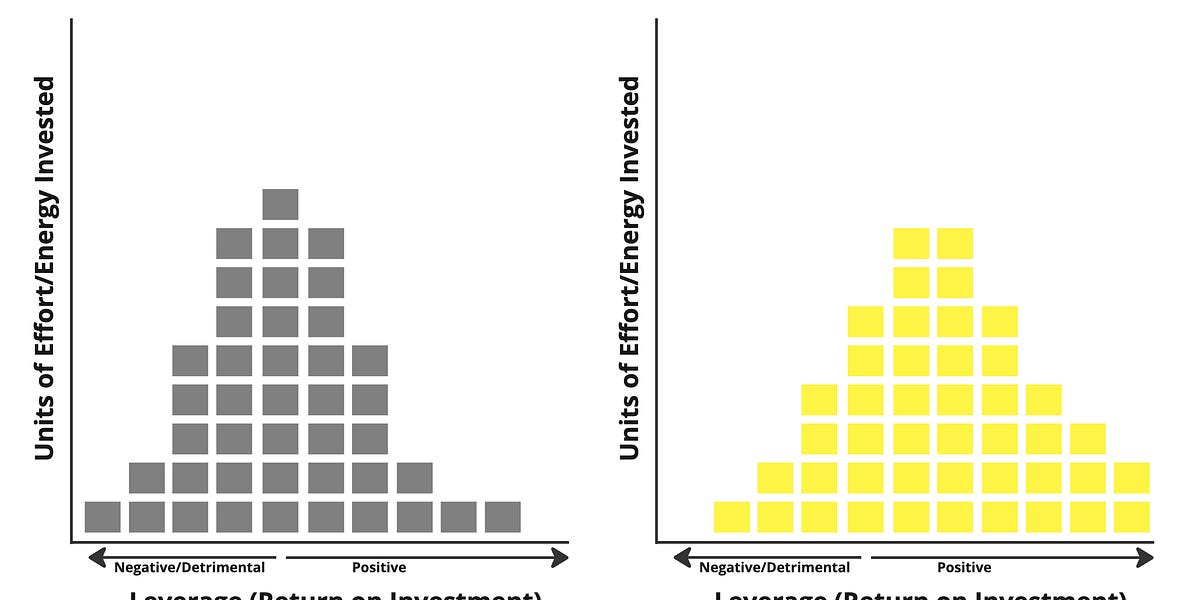PyPI Token Exfiltration via Compromised GitHub Actions

A recent attack campaign targeted GitHub Actions workflows to steal PyPI publishing tokens. Attackers modified workflows in various repositories, sending PyPI tokens stored as GitHub secrets to external servers. While some tokens were exfiltrated, they weren't used on PyPI. All affected tokens have been invalidated, and impacted maintainers notified. Using GitHub Actions' Trusted Publishers is recommended to mitigate future attacks.










